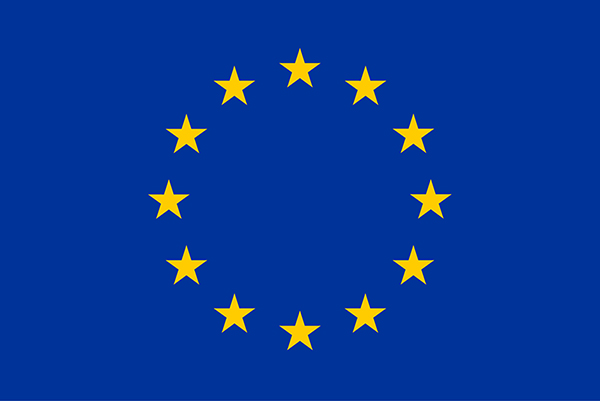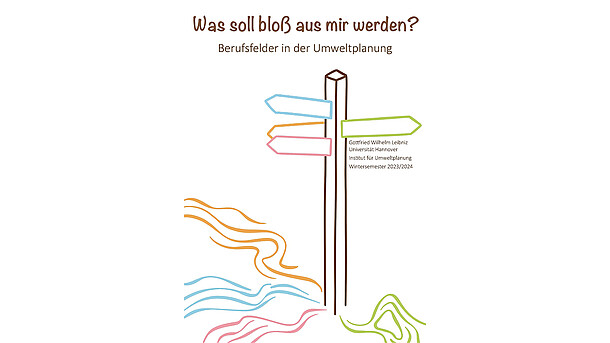Rural Future Networks (RUFUS)

| Leitung: | Prof. Dr. Christina von Haaren, PD Dr. Sylvia Herrmann, Dr. Karin Berkhoff |
| Team: | Dipl.-Ing. Johanna Scholz, Dipl.-Ing. Manuel Döllefeld |
| Jahr: | 2011 |
| Förderung: | Europäische Union, FP7 |
| Laufzeit: | 2008 - 2011 |
| Ist abgeschlossen: | ja |
RUFUS
As the objectives of the CAP shift from an agricultural-centred approach to wider rural development, the idea of multi-functionality of rural areas comes into play. This in turn brings the CAP into closer association with a wide range of sectoral policy regimes: regional policy, spatial planning, environmental management; social, energy policy, and others. Sectoral regimes interact in complex ways, and with a determining effect on the sustainable development of rural areas. RUFUS will provide policy makers and stakeholders with better theoretical and practical understandings of how CAP measures interact with other forms of public intervention in rural development; and how policy regimes can be combined to ensure more sustainable development. RUFUS will investigate how rural development policy can be targeted at the specific endogenous potential of rural regions to encourage multiple functionalities, which go beyond physical landscape potentials to include social as well as economic activities and opportunities. An interdisciplinary methodology will build into the analysis a qualitative analysis of the social dimension and endogenous potentials, alongside economic and ecological variables. RUFUS will establish a trans-disciplinary conceptual framework on policy integration and rural multi-functionality. It will create a rural typology incorporating social aspects and endogenous potentials. Scenarios of rural futures - the trajectory of policy interaction processes - will be generated. These quantitative findings will be ‘tested’ against the reality of stakeholder experiences of regional development dynamics through case studies using visualisation techniques. The relevance of the findings for other regions will be examined with the help of an expert panel. Special emphasis is given to combining findings with other research, setting them in the context of political goals and policy problems, and transposing them into practical and meaningful recommendations for action.
Objectives
- to tie the understanding of policy regime interaction to a typology of rural areas which is differentiated at the regional level;
- to build the social dimension and endogenous development potentials into our analysis of rural change alongside economic, demographic and ecological variables;
- to analyse and communicate rural change through scenarios of the trajectory of types of rural area under varying policy approaches;
- to test findings against the experiences of different categories of local stakeholders including business, government, gender, young people, unemployed and other civic groups;
- to refine and communicate the scientific findings into practical recommendations for policy makers, agencies and other actors and
- to use an interdisciplinary methodology and explanation which encourages a confrontation of the hard empirical approach with the more qualitative social and policy approaches.
More specifically, the project has the measurable objectives of
- reporting on the status quo of integration of the CAP with other policy regimes
- establishing an integrated typology of rural areas (and conceptual tools) and critically reviewing this with the help of a wider panel of experts
- using mixed methods in creating scenarios of likely development trajectories or ‘rural futures’ for each type of area
- producing detailed evidence on the CAP and policy integration and development trajectories (rural futures) including visualisations of ‘rural futures’
- to mirror and discuss the scientific findings of typologies and rural futures with regional public and private stakeholders in detailed case studies
- to produce policy integration guidance for the case study regions, and later, the countries and other rural areas; and to ‘translate’ this into recommendations in a form useful for stakeholders.
For further information about the RUFUS project, please visit the project website:
https://cordis.europa.eu/project/id/217381/reporting/de





